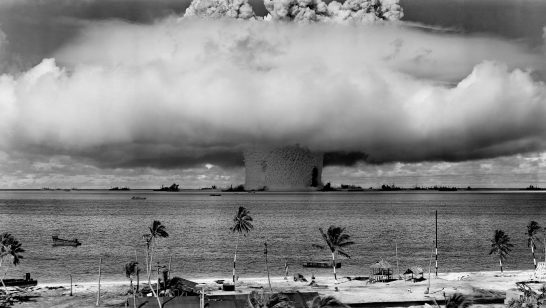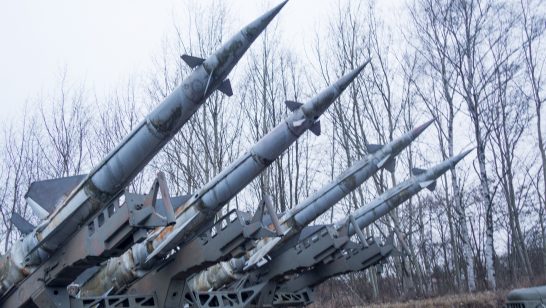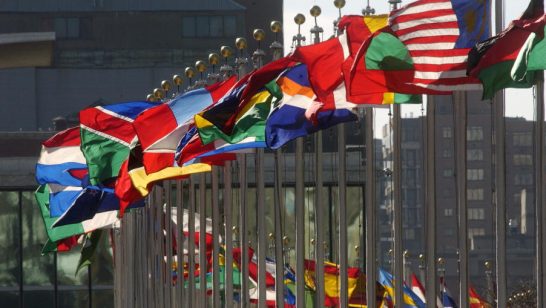
Hailed as an important step forward in the global non-proliferation regime, the so-called ‘P5 Process’ celebrates its tenth anniversary. Yet disagreements and strained geopolitical relations have stalled progress. Critics have argued this reflects a broader disinterest by nuclear weapons states to pursue disarmament, while P5 members make it clear that the process still remains important and valuable.
In this policy brief, ELN Policy Fellow Max Hoell examines developments of the P5 process to date and recommends steps to overcome the current impasse. With preparations for the 2020 NPT Review Conference underway, the paper highlights possible areas of common ground and progress. Recommendations and analysis are based on interviews with officials and experts from the P5 and non-nuclear states, and include:
- Focusing on fewer work areas but deliver more meaningfully on others. The P5 should focus on areas where meaningful progress can be made, such as nuclear doctrines, definitions and peaceful uses.
- Amending the glossary of key nuclear terms. Given the overall disappointment with the 2015 edition of the glossary, the P5 should ensure a second edition contains definitions of more challenging terms. Should this not be possible prior to the 2020 Review Conference, the P5 should communicate that a follow-up version will be realised.
- Articulating intended nuclear doctrines beyond 2020. The nuclear doctrines discussion among the P5 increases understanding and reduces the risk of miscalculation. The P5 should demonstrate a willingness to engage in substantive risk reduction measures in crisis communication.
- Addressing frustrations of non-nuclear weapons states by:
- Communicating better. Interactions have not gone beyond ad-hoc discussions. Non-nuclear weapon states should be more systematically involved in P5 matters.
- Broadening the scope for civil society in the Process. The P5 should help facilitate a civil society shadow process to test recommendations and scrutinise processes.
- Sharing the areas of disagreements between the P5. Providing greater transparency to non-nuclear weapons states could temper criticisms made against the common reporting mechanism.
- Setting clearer goals for each review cycle. The P5 should be clearer about the purpose of each work area and include early agreement on future conferences.
The opinions articulated above also do not necessarily reflect the position of the European Leadership Network or any of its members. The ELN’s aim is to encourage debates that will help develop Europe’s capacity to address pressing foreign, defence, and security challenge.



